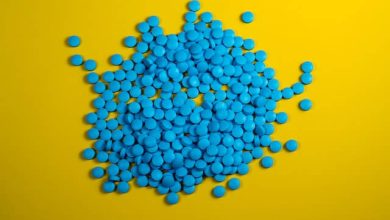How long does it take to get a clinical medical degree?

Clinical medicine is taught during the second half of the Doctor of Medicine (MD) program and forms an integral part of the medical curriculum. The clinical rotation in medical schools provides students with an opportunity to gain hands-on experience by practicing in real-life hospital settings.
Adhering to the standards of USA clinical affiliations, the clinical medicine program lasts for around 72 weeks in most medical schools. During this period, medical students can convert their theoretical knowledge to practical experience through direct contact with patients.
Let’s go through the scope and duration of clinical medicine in medical schools.
What is clinical medicine?
Clinical medicine is the second part of your medical curriculum where you gain experience by working in hospitals or clinics and assisting physicians. You get the chance to connect with patients and diagnose them just like other doctors. You will be under the guidance of experienced physicians who will teach you the manners and etiquette of working in a hospital through their actions and behaviour.
Clinical rotations in medical schools are divided into core and elective rotations. The core rotation signifies compulsory subjects every medical student must take, whereas the elective depends on your choice of future specialization. The core rotation includes topics such as surgery, paediatrics, internal medicine, obstetrics, gynaecology, and psychiatry. Completing the core rotations gives you an idea of what area of medicine you are most interested in and can help you choose your electives.
How long is the clinical medicine program?
Medical students move into clinical rotations after the successful completion of a basic sciences program where they have learned the basic concepts of medicine. The clinical medicine program in medical schools lasts for around 72 weeks and is taken during semesters six to ten.
Out of the 72 weeks in total, 42 weeks are dedicated to core rotations and 30 weeks are dedicated to elective rotations. Students will also have to prepare for various clinical certification examinations in between their clinical rotations.
Why is clinical medicine important?
Clinical medicine is a crucial and challenging part of the MD program. Converting theoretical knowledge into practical knowledge is perhaps the most important part of becoming a practicing physician. Clinical rotations give you a glimpse of your medical residency and prepare you to take up the duties of a doctor in real life.
Taking up active roles during clinical rotations under the supervision of different doctors in the hospital allows you to witness the complexities and hardships in the healthcare system. This will equip you to become a full-fledged doctor by the end of your studies. Besides this, clinical rotations are the best way to take a leap from an academic to a practical setting.
Using your clinical years wisely may help you when it comes to picking the best specialization for you in the future as assisting other doctors can give you an idea about the pros and cons of each area in medical studies.
A clinical medicine program that lasts for about two years prepares you to become a well-equipped and skilled doctor.




